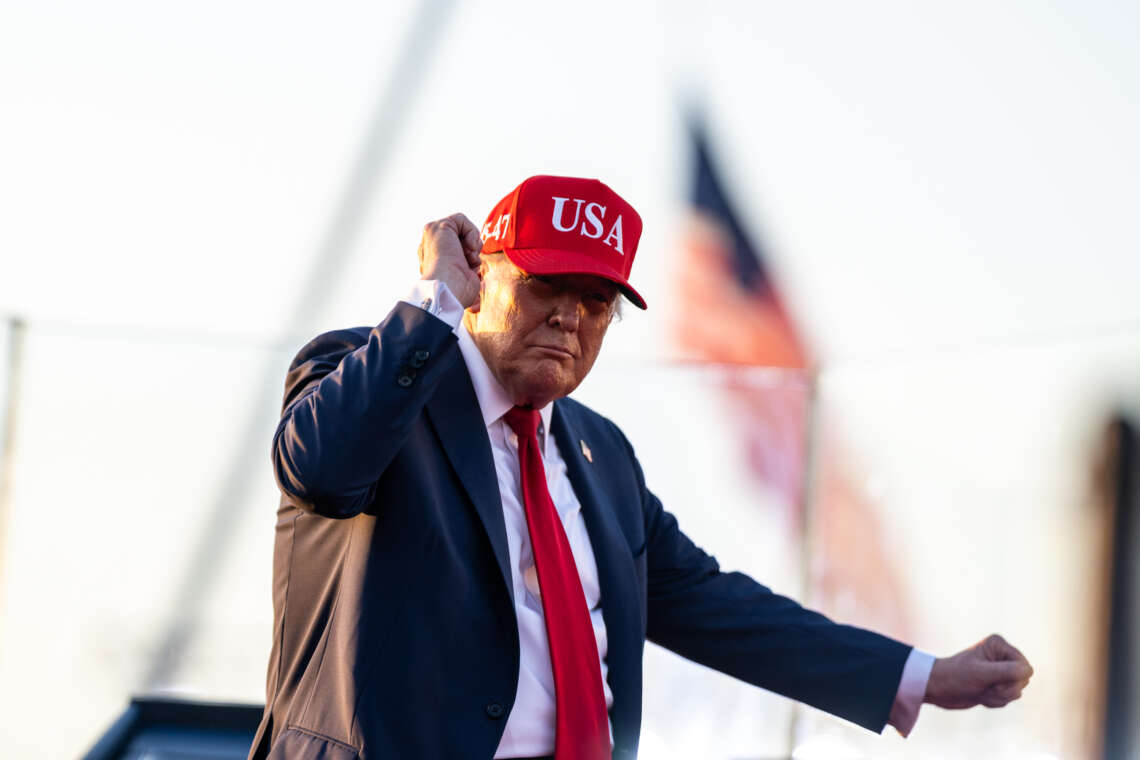India-US trade talks stall as Washington turns up the pressure with August 1 tariff threat
US President Donald Trump has confirmed he has signed tariff letters targeting 12 countries, which will be dispatched on Monday, July 7—raising the stakes in what could be a new wave of trade confrontations.
Speaking aboard Air Force One, President Trump declined to name the countries but made clear that each will receive letters detailing new tariff levels. “I signed some letters and they’ll go out on Monday, probably 12. Different amounts of money, different amounts of tariffs,” he told reporters, adding that “letters are better” and “much easier to send.”
The letters are expected to signal new reciprocal tariffs, potentially as high as 70 per cent, set to take effect from August 1. Trump had previously announced a base tariff of 10 per cent on most imports, with steeper rates planned for specific countries, including China. Those measures, however, had been temporarily suspended until July 9.
While trade agreements have been finalised with the United Kingdom and Vietnam, several others—including India—remain in limbo. A high-level Indian delegation led by chief negotiator Rajesh Agrawal returned from Washington this week without concluding an interim trade deal, despite several days of intense talks.
At the heart of the deadlock is the US push for greater market access for its agricultural and dairy products—an issue India regards as politically and economically sensitive due to the impact on small farmers. Although both sides are still exploring the possibility of a limited bilateral trade agreement, time is running short ahead of the July 9 deadline.
Commerce Minister Piyush Goyal said India would not bow to artificial deadlines. Speaking in New Delhi, he noted that while India is open to trade deals in the national interest, it “never negotiates trade deals with a deadline.”
India is seeking relief from Trump’s proposed 26 per cent tariff by securing an exemption under the interim deal, while also pushing for concessions on its key labour-intensive exports, including textiles, footwear, and leather goods.
With Trump’s tariff warning looming and no final accord in sight, tensions are expected to rise further in the coming days, even as backchannel talks continue.









